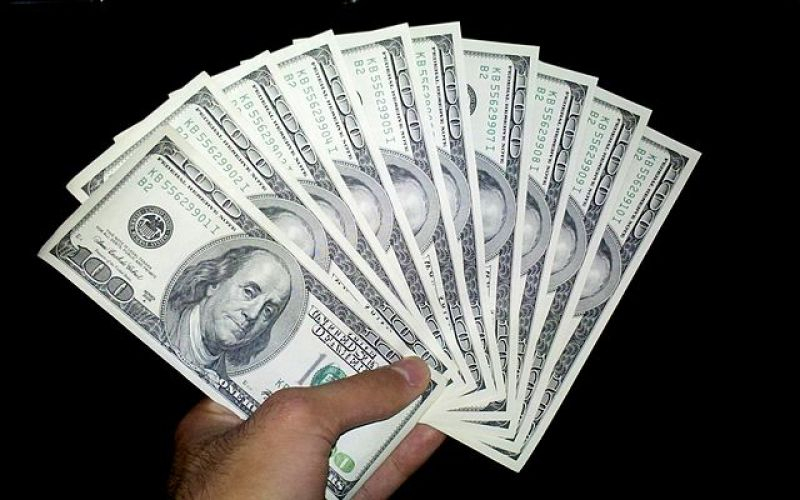- Nation Votes Tomorrow in 13th Poll, Referendum |
- Key in your hands, use it wisely: Prof Yunus tells voters |
- Yunus Urges Voters to Shape a ‘New Bangladesh’ |
- Bangladesh Polls: Campaign Ends as Voters Weigh Pledges |
- Bangladesh Heads to First Gen Z-Driven Competitive Poll |
Dhaka district earns lion's share of remittances this fiscal

Dollar 100 currency notes
Dhaka, Apr 15 -A large portion of expatriates' income remittances in Bangladesh comes through the bank branches located in Dhaka, according to Bangladesh Bank (BB) analyst on the District-wise scenario of inward remittances.
This figure means that most of the families of expatriates stay in Dhaka or they have most of their accounts in the bank branches of Dhaka.
Chittagong ranks second while Sylhet and Comilla are in third and fourth position in terms of expatriate income or remittances.
After that, the position of coastal district Noakhali, Brahmanbaria, Feni, Moulvibazar, Chandpur, and Narsingdi. This position is calculated from July 2023 last year to February 2024, which is revealed in the central bank's district-wise expatriate income report.
According to the report, in eight months from July-February, expatriates sent remittances amount US $15.07 billion. Out of this, the expatriates sent $2.16 billion last February. In the previous month of January, the expatriate income in the country was $2.10 billion.
Among this, Dhaka district received $5.23 billion in July-February, and Chittagong district received $1.42 billion in expatriate income. During this period, Sylhet district received $870 million, Comilla $810 million, and Noakhali $460 million. Apart from this, $380 million came in Brahmanbaria, $370 million in Feni, $360 million in Moulvibazar, $350 million in Chandpur, and $250 million in Narsingdi.
Bank officials say more expatriate income is expected to come from expatriate-dominated districts. But that is not as many expatriates have settled abroad.
Rather, they (Expatriates) are selling the wealth in the country and taking it abroad. As a result, money laundering is increasing, they said. - UNB

